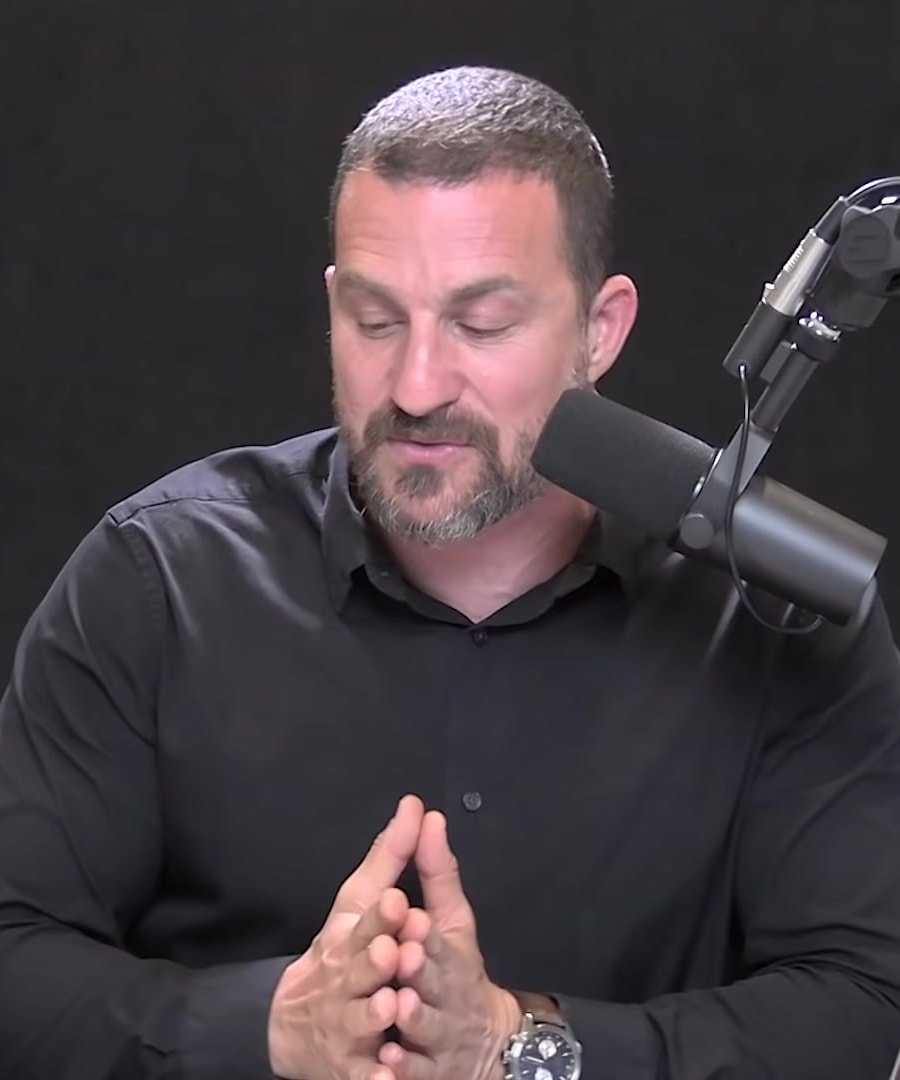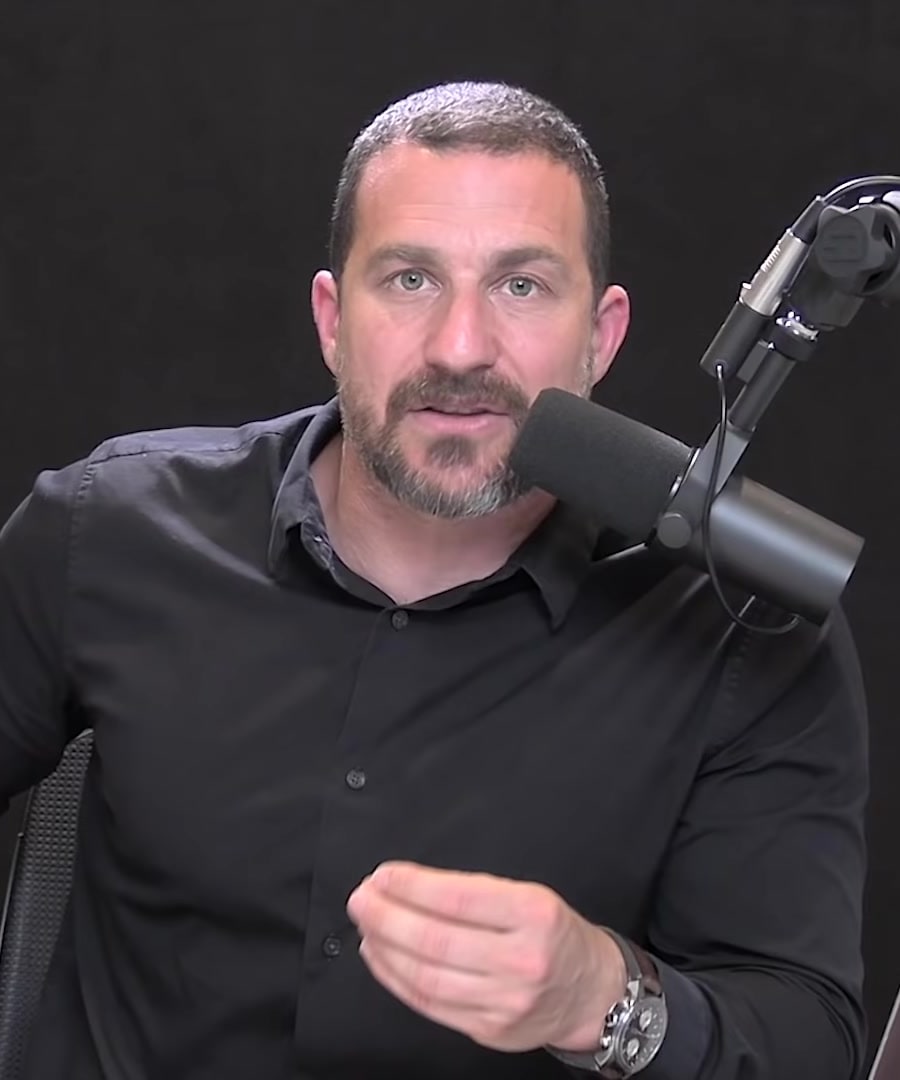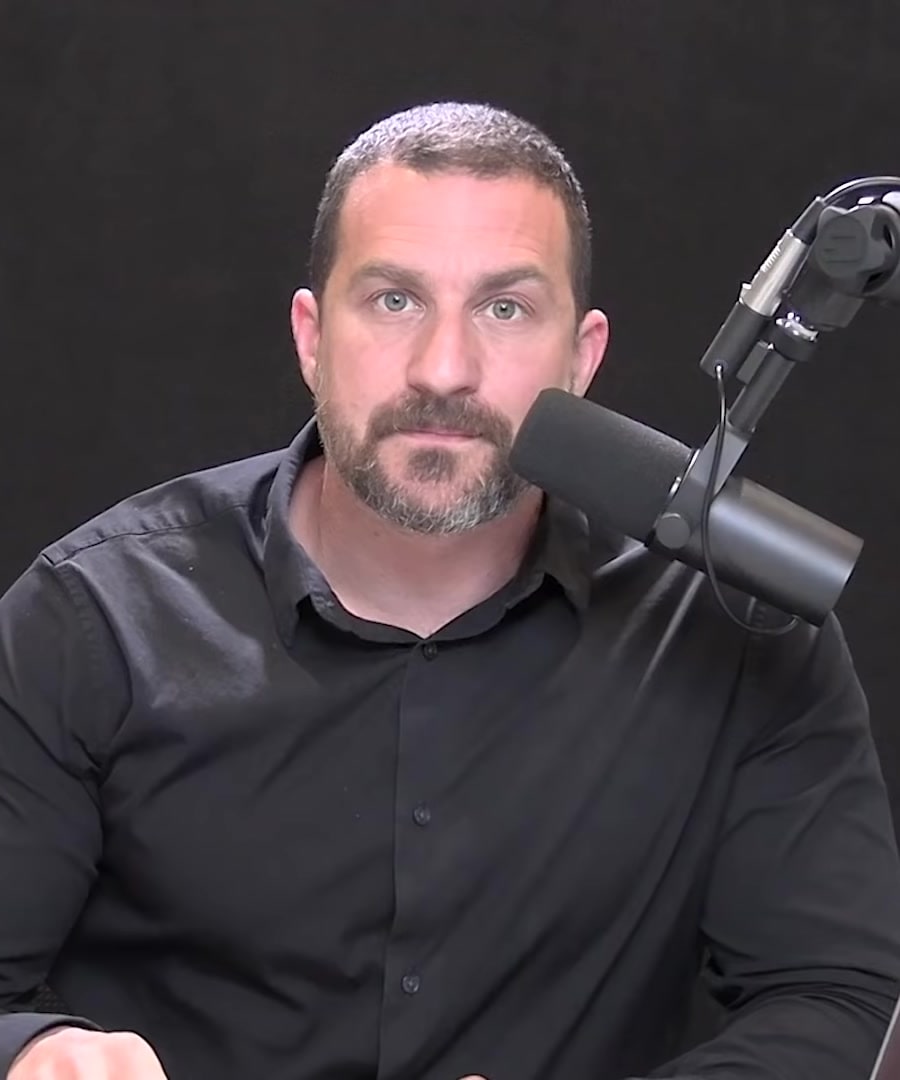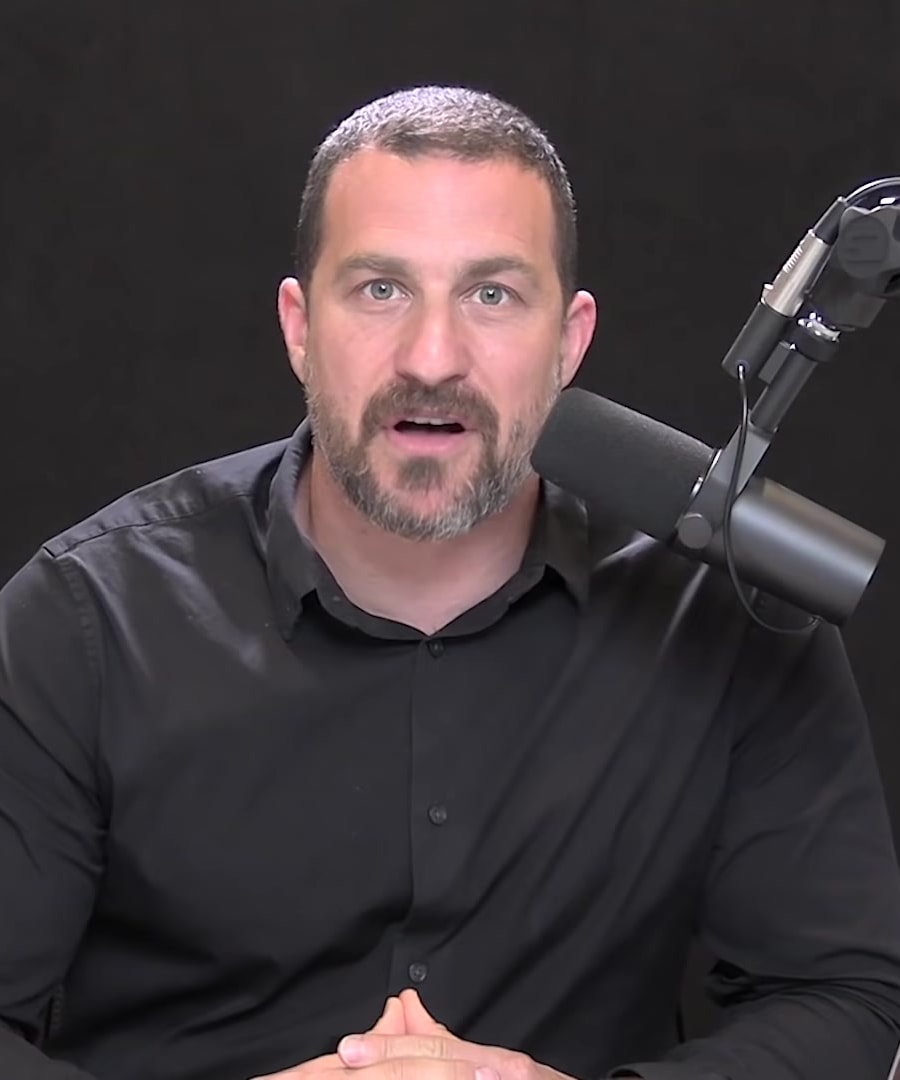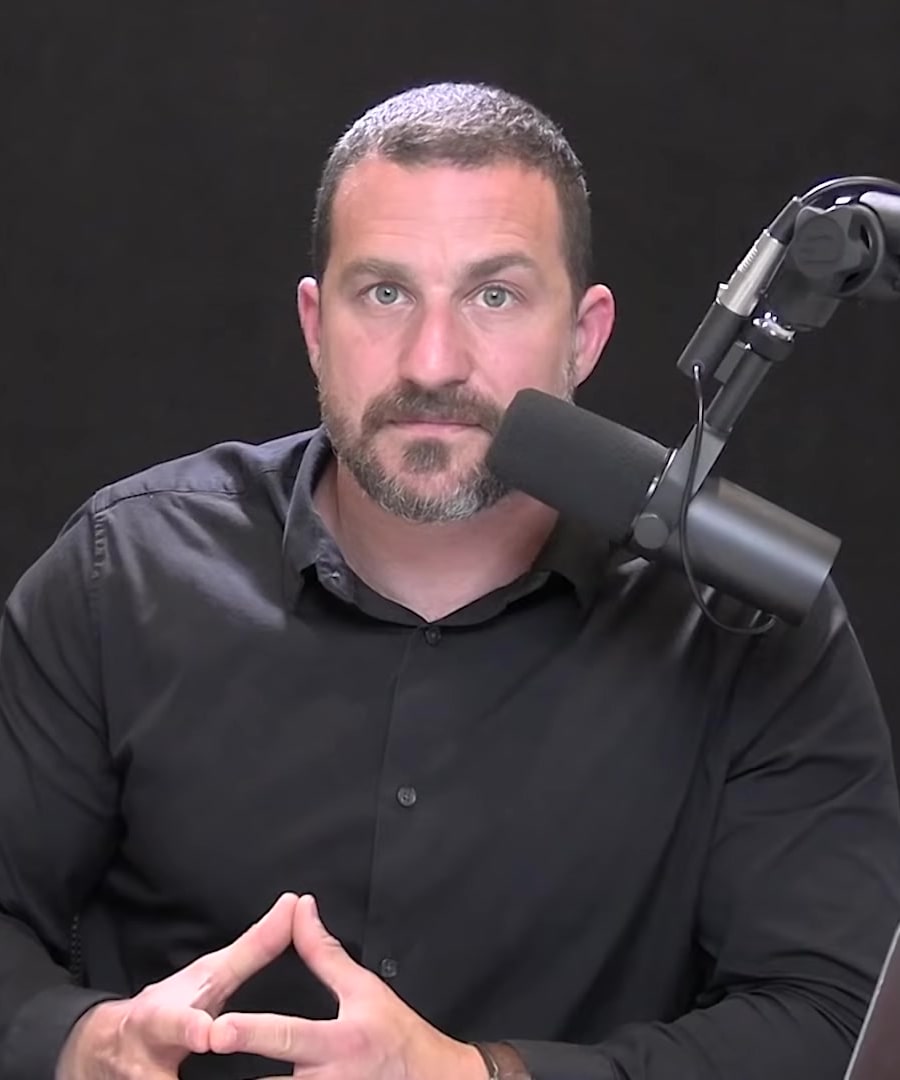how do I learn faster
Sources:
To learn faster, several strategies can be employed based on insights from in the . Here's a summary of key points:
-
Embrace Errors: Making errors during practice is essential for brain plasticity. Repetitions combined with recognizing mistakes open the door for faster learning and skill retention. This helps engage neurochemical mechanisms that reward near-successful attempts and facilitate learning 1.
-
Motivation and Conditions: Motivation is crucial for effective skill learning. You need to set conditions that help you focus and perform numerous repetitions. There is no substitute for practice—compounds like alpha GPC might enhance physical performance but won't replace the need for motivated, repetitive practice 2.
-
Focus Selection: Determine whether to focus on auditory, visual, or proprioceptive cues during learning. Understanding whether a skill is open loop (requires feedback after completing the action) or closed loop (enables real-time adjustments) can guide where to focus your attention, enhancing learning efficiency 3.
-
Use Visualization: Mental visualization can significantly benefit skill retention and learning speed. The timing of such mental rehearsals is vital, as certain sequences can greatly enhance how quickly and effectively a skill is learned and retained 4.
-
Progressive Complexity: Starting with fast real-time movements rather than ultra-slow ones can enhance initial learning by allowing for corrections through generated errors, which help in strengthening neural pathways. Once some proficiency is achieved, slow movements can refine skills by focusing on correct patterns and adjustments 5.
By integrating these approaches, you can optimize your learning process and acquire new skills more efficiently.
RELATED QUESTIONS-
how do I learn faster
- RELATED QUESTIONS
